Catholics in Myanmar’s Civil War
Myanmar has been in a state of civil war since 2021, with Roman Catholics playing a key role in pro-Democracy forces
Antonio GraceffoJanuary 17, 2024
The Burmese Military and the Separation of Military and State
Aung San Suu Kyi won a Nobel Peace Prize before, shockingly, declining to condemn genocide in her own nation. What happened?
James RowellSeptember 14, 2023
Myanmar: Another Market for Chinese Economic Domination
“China has been a principal economic and military partner of the various Myanmar and Burma regimes since the beginning.”
Antonio GraceffoNovember 21, 2022
Recognizing Warning Signs on the Path to Genocide
Violations of religious freedom have been a significant factor in creating the conditions that marked the “path to genocide.” Therefore, protecting religious freedom will be critical for those looking to walk with the “Rohingya on this path out of genocide.”
Jeremy BarkerMarch 29, 2022
US Determination of Burma’s Rohingya Genocide Is Better Late Than Never
The genocide determination issued by the Biden administration has been a long time coming, but it’s never too late to do the right thing. The determination should now act as a catalyst for global momentum to hold the perpetrators accountable.
Arielle Del TurcoMarch 27, 2022
Pass the BURMA Act
Covering everything from sanctions and import prohibitions to humanitarian aid, the BURMA Act is one of the most comprehensive pieces of proposed legislation to address the coup.
Isabella MeibauerDecember 8, 2021
Protecting Rohingya after the Coup in Burma
The brutalities endured by Burma’s Rohingya—the country’s most vulnerable population—were bad even before the recent coup. The US response must take their plight into account, or risk making it even worse.
Hannah So & Olivia EnosFebruary 16, 2021
Myanmar Coup Could Benefit China
The US must act swiftly and decisively against the Myanmar coup to preserve the country’s recent democratic gains and send a message to China.
Isabella MeibauerFebruary 1, 2021
In Myanmar, COVID-19 Poses Greatest Risk to Democracy
With Myanmar’s military still controlling 25 percent of its parliament and a history of brutal crackdowns—not to mention the recent Rohingya crisis—COVID-19 is exacerbating the precarious balance between the military and civilians in power.
Isabella MeibauerJuly 21, 2020
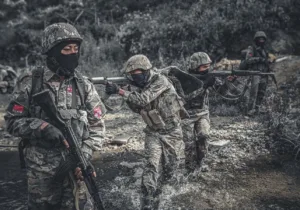
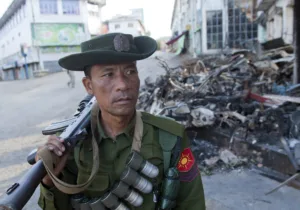
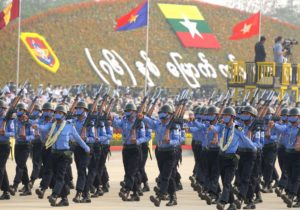
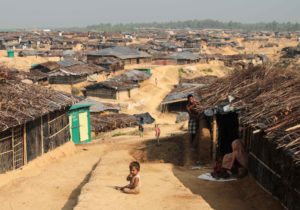
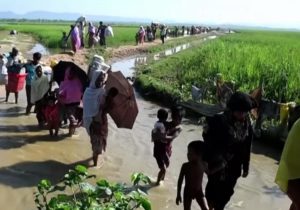
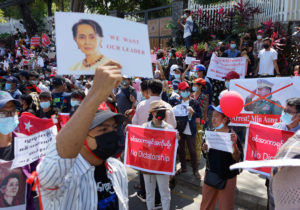
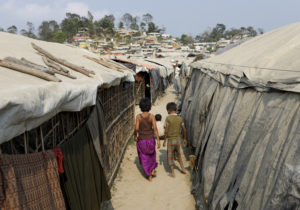
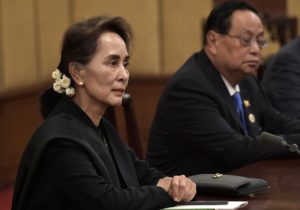
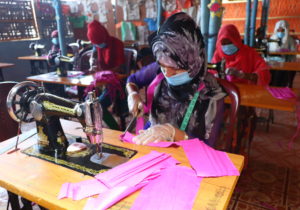

 Live in the DC area? Sign-up for Providence's in-person events list!
Live in the DC area? Sign-up for Providence's in-person events list!